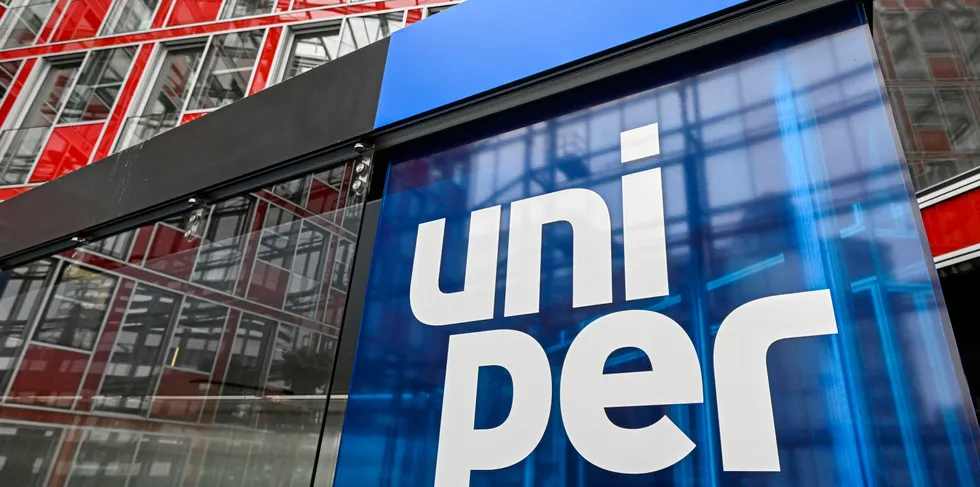Germany rescues Uniper with stake and $15bn to 'protect supply in time of war'
Massive bail-out package comes after Russian gas curtailment pushed Fortum unit to brink of insolvency

Massive bail-out package comes after Russian gas curtailment pushed Fortum unit to brink of insolvency
